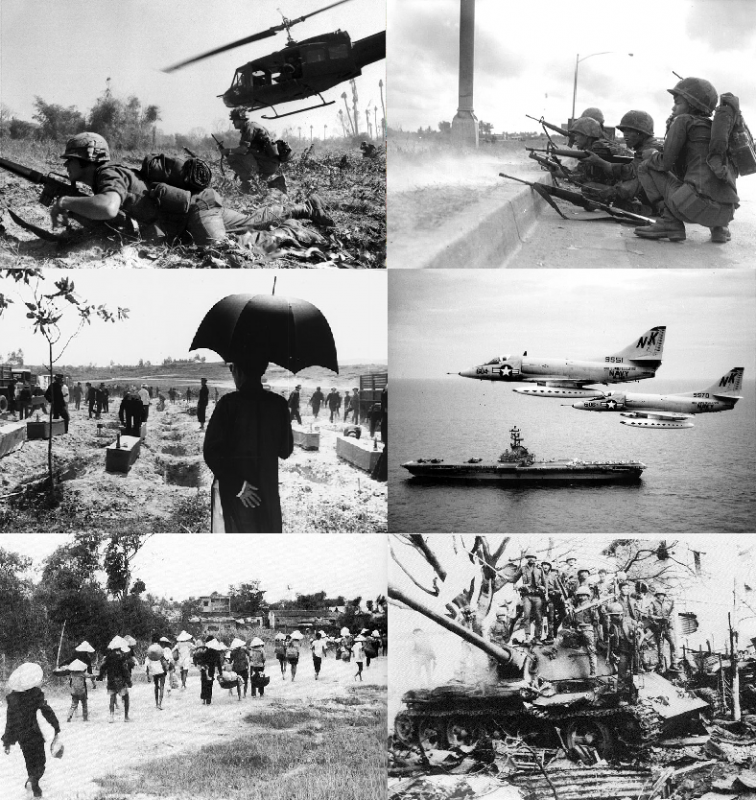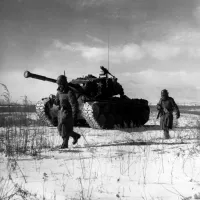Military Payment Certificates (MPCs) were a form of currency used by the U.S. military to pay personnel in foreign countries from 1946 to 1973. Introduced shortly after WWII and used until after the Vietnam War, these certificates were designed as colorful, inexpensive banknotes produced through line lithography. Their purpose was to provide a secure and convenient method of payment for American troops stationed abroad, while also controlling the flow of U.S. dollars in foreign economies.
1946: Introduction of Military Payment Certificates
In 1946, a few months after the end of World War II, Military Payment Certificates (MPC) began to be used to pay U.S. military personnel in certain foreign countries.
1946: Initial Issuance of MPC Series
In 1946, the Military Payment Certificates (MPC) were officially issued, with a total of thirteen series being released between 1946 and 1973.
1968: Illicit currency incident in Tour of Duty episode
In 1968, an episode of the TV series "Tour of Duty", set in Vietnam, featured a Finance Corps lieutenant spotting a soldier in illegal possession of a five dollar treasury note. The lieutenant warned the soldier to convert it to MPCs the next morning.
1968: Addition of $20 MPC Note
In 1968, during US involvement in the Vietnam War, a $20 note was added to the Military Payment Certificates (MPC) denominations.
1973: End of MPC Usage After Vietnam War
In 1973, a few months after the end of U.S. participation in the Vietnam War, the use of Military Payment Certificates (MPC) was discontinued in most locations.
1973: Final Retirement of MPC in South Korea
In the autumn of 1973, after the official end of U.S. participation in the Vietnam War, a surprise C-day was held in South Korea, resulting in the total retirement of Military Payment Certificates (MPC), which were replaced by greenbacks.
1977: Korean War C-Day plot in M*A*S*H episode
In 1977, The M*A*S*H TV series featured an episode called "Change Day" that used the Korean War C-day as a key plot element.
1978: Korean War C-Day plot in M*A*S*H episode
In 1978, The M*A*S*H TV series featured an episode called "Change Day" that used the Korean War C-day as a key plot element.
1979: MPC Usage in The Short-Timers novel
In 1979, Gustav Hasford's Vietnam War novel "The Short-Timers" depicted characters using Military Payment Certificates (MPC) as Monopoly money.
1989: Reference to MPCs in Tour of Duty episode
In 1989, an episode of the TV series "Tour of Duty", set in Vietnam, referenced Military Payment Certificates (MPCs) when a soldier was found with a five dollar treasury note and warned to convert it to MPCs.
Mentioned in this timeline

The Vietnam War was a conflict in Vietnam Laos and...
World War II - was a global conflict between the...

The Korean War - was a conflict between North Korea...
Korea is a peninsular region in East Asia comprised of...
South Korea officially the Republic of Korea occupies the southern...

War is defined as an armed conflict involving the organized...
Trending
3 months ago Hawaii: Bespoke Dining, Hypersonic Relocation, and Chinatown Safety Improvements Highlighted.
9 months ago Mount Spurr Eruption Threatens Flights; Alaska Volcano Observatory Lease Termination Reversed.

3 months ago Jessica Alba, 44, stuns fans with toned figure, new hair, and red carpet debut.

2 months ago LoL Worlds 2025: T1 vs Gen.G Final Forecasted to Break Viewership Records

3 months ago Wild Police Chase in Los Angeles Ends in SUV Flip and Van Nuys Crash
1 month ago Bitcoin ATM scams target elderly; St. Paul considers kiosk ban due to fraud.
Popular

Stranger Things created by the Duffer Brothers is a popular...

XXXTentacion born Jahseh Dwayne Ricardo Onfroy was a controversial yet...
Turning Point USA TPUSA is an American nonprofit organization founded...

Candace Owens is an American conservative political commentator and author...

Bernie Sanders is a prominent American politician currently serving as...

Jupiter is the fifth and largest planet from the Sun...